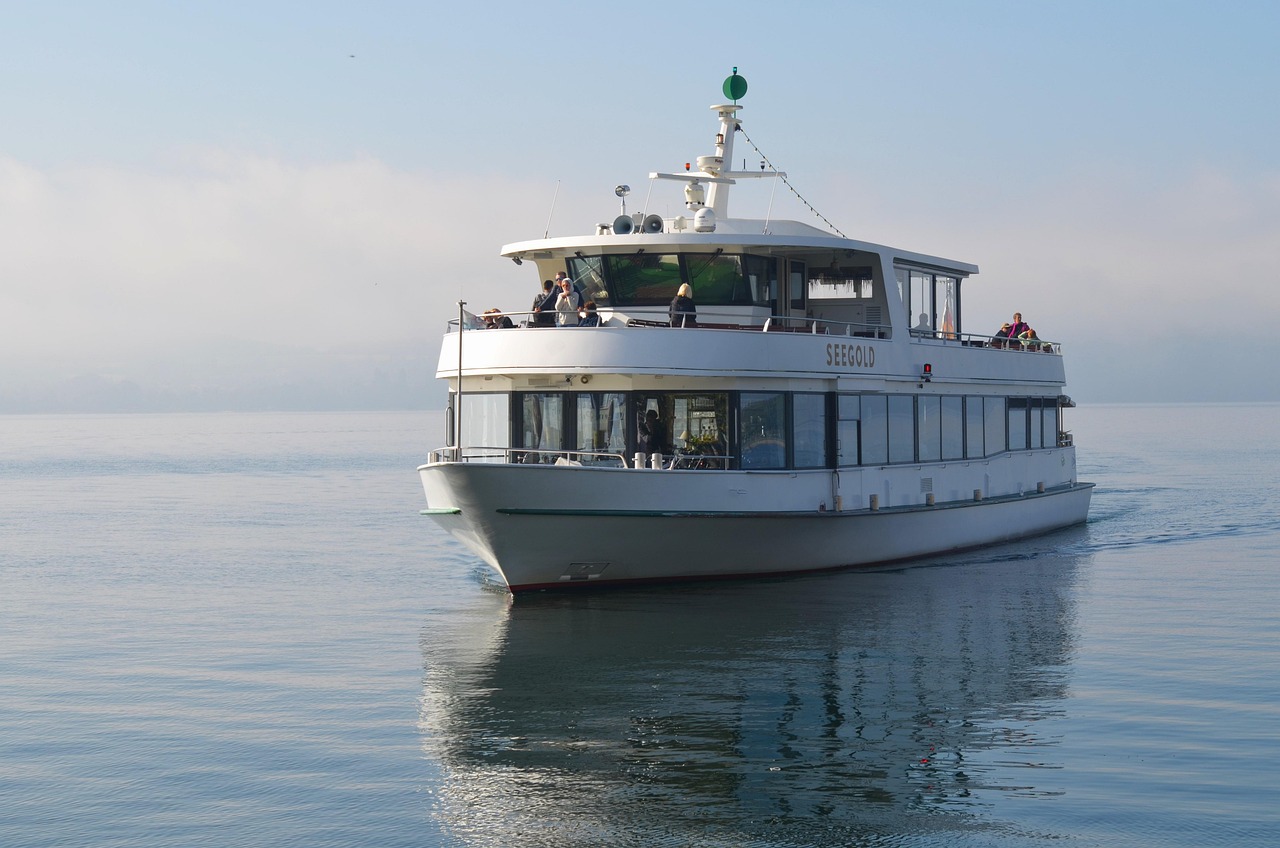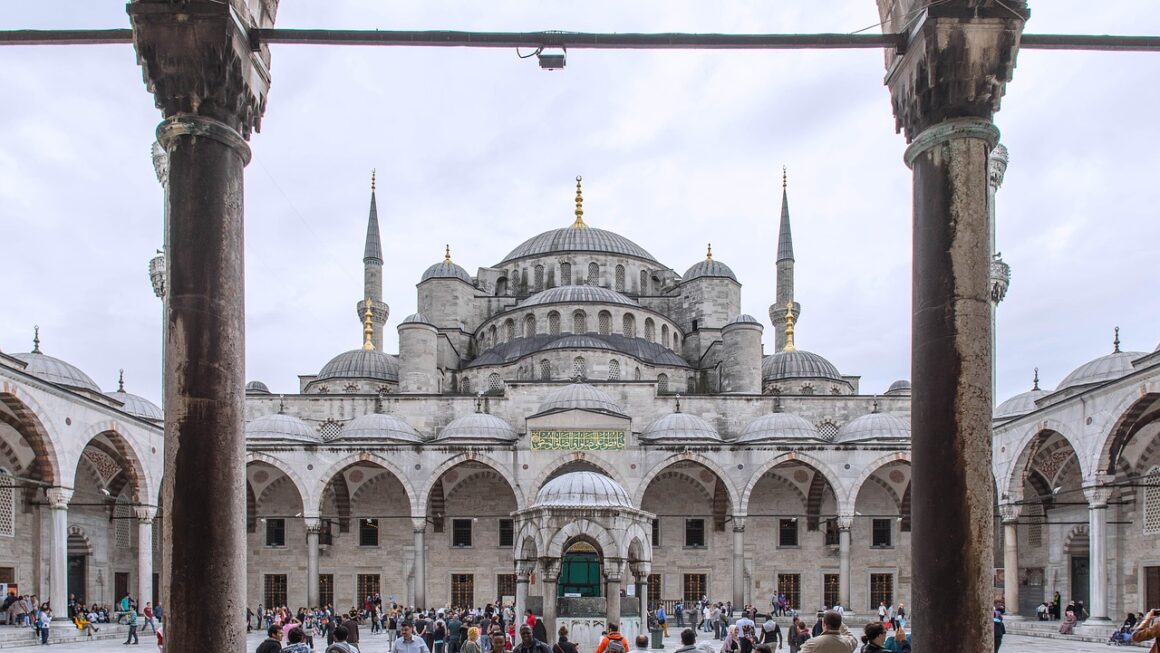Budget travel doesn’t mean sacrificing adventure. It means being smart, strategic, and resourceful to stretch your travel dollars further, allowing you to experience more destinations without breaking the bank. Whether you’re a student, a digital nomad, or simply someone who loves to travel but needs to watch their expenses, this comprehensive guide will equip you with the knowledge and tools to plan unforgettable budget-friendly trips.
Planning Your Budget Trip
Setting a Realistic Budget
The first step in planning a budget trip is, unsurprisingly, setting a realistic budget. This means understanding how much you can realistically afford to spend. Don’t underestimate potential costs, and always pad your budget for unexpected expenses.
- Calculate your available funds: Determine how much you have saved and how much you can realistically save before your trip.
- Research destination costs: Investigate the average cost of accommodation, food, transportation, and activities in your chosen destination. Websites like Numbeo and Budget Your Trip provide valuable data.
- Create a detailed spreadsheet: List all anticipated expenses, including flights, accommodation, food, activities, visa fees, travel insurance, and souvenirs.
- Add a contingency fund: Include a buffer (10-20%) for unexpected expenses or emergencies.
Example: If you’re planning a two-week trip to Southeast Asia and estimate your costs at $700 (excluding flights), adding a 15% contingency fund would bring your total budget to $805.
Choosing the Right Destination
Where you go dramatically impacts how much you spend. Some destinations are inherently more budget-friendly than others.
- Consider Southeast Asia: Countries like Thailand, Vietnam, and Cambodia offer incredible value for money. Accommodation, food, and transportation are generally very affordable.
- Explore Eastern Europe: Destinations like Poland, Czech Republic, and Hungary are significantly cheaper than Western European countries.
- Look for off-season travel: Traveling during the shoulder season (the periods between peak and off-peak seasons) can save you money on flights and accommodation.
- Research hidden gems: Consider less popular destinations that offer similar experiences at a lower price point.
Data point: According to various travel bloggers, Southeast Asia can be visited for as little as $30-50 per day, while Western Europe can easily cost $100 or more per day.
Affordable Accommodation
Hostels: The Social Traveler’s Haven
Hostels are a classic budget travel option, offering dorm-style accommodation at a fraction of the cost of hotels. They also provide a great opportunity to meet fellow travelers.
- Private rooms: Many hostels offer private rooms for those seeking more privacy (though these are more expensive).
- Read reviews: Always check online reviews before booking a hostel to ensure it’s clean, safe, and well-located. Websites like Hostelworld and Booking.com are good resources.
- Consider included amenities: Look for hostels that offer free breakfast, Wi-Fi, or social events.
Alternative Accommodation Options
Beyond hostels, several alternative accommodation options can help you save money.
- Airbnb: Consider renting a room or apartment on Airbnb, especially for longer stays. You can often find deals for weekly or monthly rentals.
- Couchsurfing: Stay with locals for free through Couchsurfing. This is a great way to experience a destination from a local’s perspective. Always prioritize safety and read profiles and reviews carefully.
- House-sitting: Take care of someone’s home while they’re away in exchange for free accommodation. Websites like TrustedHousesitters connect homeowners with house-sitters.
Practical Tip: Booking accommodation well in advance, especially during peak season, can often secure you better deals.
Saving on Transportation
Affordable Flight Options
Flights are often the biggest expense of a trip, so finding cheap flights is crucial for budget travelers.
- Be flexible with your dates: Use flight comparison websites like Google Flights, Skyscanner, and Momondo to search for flights on different dates. Flying on weekdays or during off-peak seasons is often cheaper.
- Consider budget airlines: Budget airlines like Ryanair, EasyJet, and Southwest offer significantly lower fares, but be aware of extra fees for baggage and other services.
- Book in advance: Booking flights several months in advance can often secure you better deals.
- Be open to connecting flights: Connecting flights are often cheaper than direct flights, but be sure to factor in layover times.
- Use incognito mode: Some believe airlines track your searches and raise prices accordingly. Using incognito mode may prevent this.
Local Transportation
Once you arrive at your destination, focus on using affordable local transportation options.
- Public transportation: Utilize buses, trains, and trams whenever possible. These are often significantly cheaper than taxis or ride-sharing services.
- Walking and cycling: Explore cities on foot or by bicycle. Many cities offer bike-sharing programs.
- Consider travel passes: Many cities offer travel passes that provide unlimited access to public transportation for a set period.
Example: In many European cities, a day pass for public transportation costs around €5-10, while a single taxi ride can easily cost €15-20.
Eating on a Budget
Embrace Local Cuisine
Eating out doesn’t have to be expensive. Embrace local cuisine and seek out affordable eateries.
- Street food: Street food is often delicious, authentic, and incredibly affordable. Be mindful of hygiene and choose vendors with high turnover.
- Local markets: Visit local markets to buy fresh produce and snacks.
- Avoid tourist traps: Restaurants in touristy areas are often overpriced. Venture off the beaten path to find more affordable options.
- Cook your own meals: If your accommodation has a kitchen, cook some of your own meals. This can save you a significant amount of money.
Smart Eating Strategies
Beyond choosing the right places to eat, certain strategies can help you save money on food.
- Take advantage of free breakfast: If your accommodation offers free breakfast, take advantage of it.
- Pack snacks: Pack snacks like granola bars, nuts, and fruit to avoid buying expensive snacks on the go.
- Drink tap water: Avoid buying bottled water whenever possible.
- Look for happy hour deals: Many restaurants offer discounted drinks and appetizers during happy hour.
Actionable Takeaway: Research local food blogs or ask locals for recommendations on affordable and authentic eateries.
Free and Low-Cost Activities
Exploring Without Spending
Many of the best travel experiences are free or low-cost. Focus on exploring natural beauty, cultural attractions, and local neighborhoods.
- Free walking tours: Many cities offer free walking tours, where you can explore the city with a local guide (tipping is customary).
- Parks and gardens: Visit parks and gardens for a relaxing and scenic experience.
- Museums and galleries: Many museums and galleries offer free admission on certain days or at certain times.
- Local festivals and events: Attend local festivals and events for a taste of local culture.
- Hiking and nature walks: Explore hiking trails and nature reserves for stunning views and fresh air.
Making the Most of Free Resources
Take advantage of free resources to enhance your travel experience.
- Local libraries: Visit local libraries for free Wi-Fi, books, and information about the area.
- Tourist information centers: Tourist information centers offer free maps, brochures, and advice on things to see and do.
- Online resources: Utilize online resources like travel blogs, forums, and websites to research free activities and attractions.
Example: Many major cities have free walking tours that operate on a tips-only basis. You pay what you think the tour was worth.
Conclusion
Budget travel is about prioritizing experiences over luxury. By planning carefully, choosing affordable destinations, and utilizing smart strategies for accommodation, transportation, food, and activities, you can travel the world without breaking the bank. Embrace the challenge, be resourceful, and enjoy the freedom and adventure that budget travel offers. The world is waiting to be explored, and with a little planning, you can experience it all.




